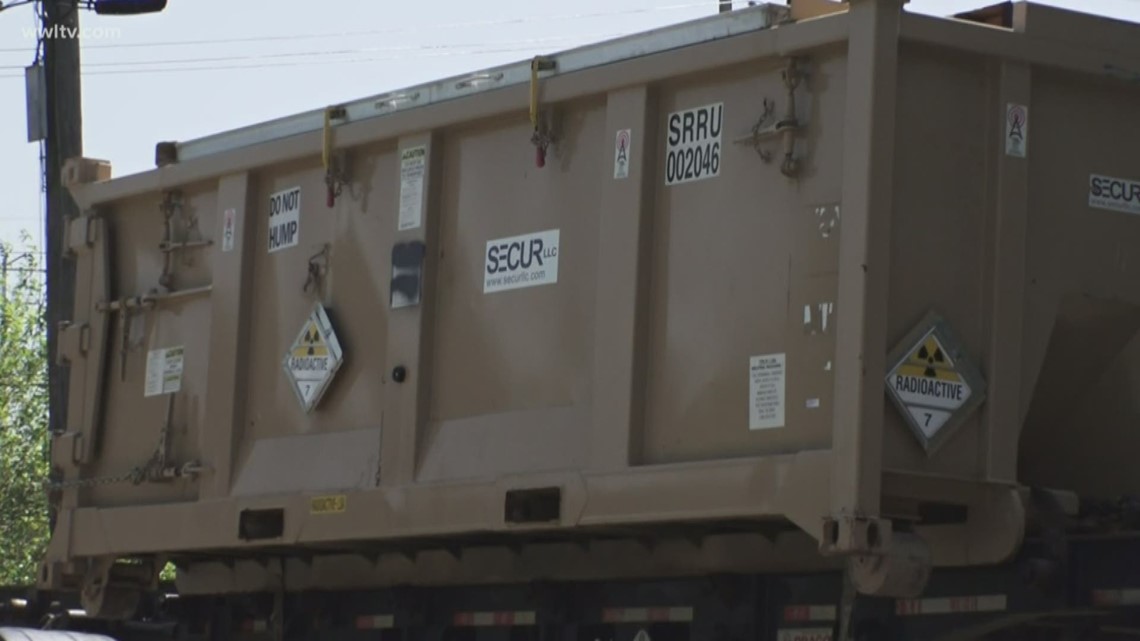NEW ORLEANS — In a surprise move, the City of New Orleans is seeking to dismiss a federal lawsuit over radioactive material found beneath a street in Gert Town by arguing it should have been filed under a 1988 law covering nuclear accidents.
Radioactive Radium-226, Radon-222 and other toxic materials were found in the ground on the 3400 block of Lowerline Street as early as 2013, but neighbors allege they were not alerted until earlier this year when the Environmental Protection Agency, Louisiana Department of Environmental Quality and the city began removing the material.
Mayor LaToya Cantrell’s administration has said it alerted neighbors as soon as it learned about the radioactive material in 2018. But city emails gathered by plaintiffs in the lawsuit indicate city officials were aware that the material was discovered back in January 2013, during Mayor Mitch Landrieu’s administration. Court records show the federal government discovered the radioactivity after a sweep of areas around the Mercedes-Benz Superdome before it hosted Super Bowl XLVII.
“The city was clearly on notice in 2013 and purposefully hid the existence of Radium-226 and other harmful chemicals from the neighborhood,” lead plaintiff’s attorney Suzette Bagneris said Friday.
But this week’s filing by the city goes in a new direction, arguing the plaintiffs have filed their damage claims under the wrong law. It says they can only make such “public liability” claims under the Price-Anderson Act.
That law was designed to address liability for “nuclear incidents.” In 1988, it was amended to supersede all other laws that had been used to compensate those injured by exposure to radioactive material. That change came after a partial meltdown at the Three Mile Island nuclear reactor in Pennsylvania in 1979 and the massive Chernobyl nuclear explosion in the Soviet Union in 1986.
The city acknowledged in its filing Friday that “plaintiffs may argue, as others have, that the (Price-Anderson Act) is limited to actions related to nuclear power plants or nuclear weapons facilities.” But the city said that was wrong, and the “nuclear incidents” referenced in the law include exposure to radioactive materials found elsewhere, too.
One of those materials specifically named in the law is Radium-226.
Bagneris called the city’s argument “foolery.”
“We don't believe that argument has any merit whatsoever,” she said. “We're really kind of surprised that's the route the city took.”
She said the plaintiffs’ legal team would file a response ahead of an Aug. 28 court hearing.

